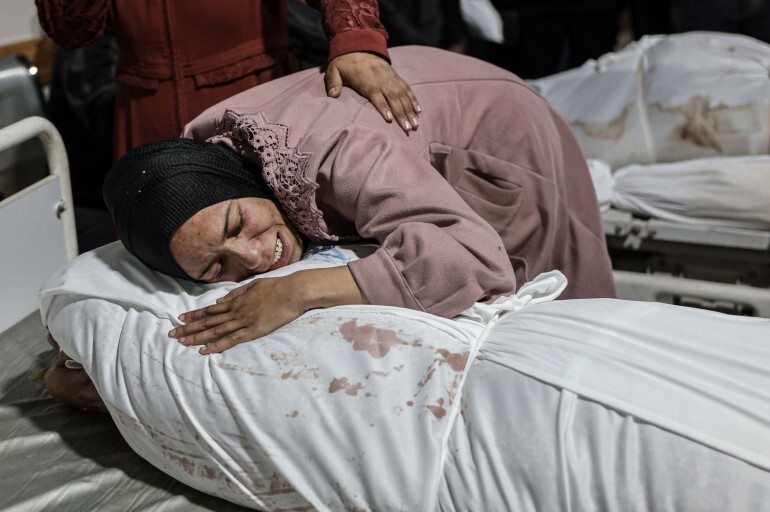Silence of the International Community Against the Zionist Regime's Crimes in Gaza
TEHRAN (Defapress) - As we find ourselves in April 2025, the news and reports coming out of the Gaza Strip continue to paint a grim and troubling picture of the humanitarian situation in this densely populated and besieged region. Reports indicate the persistence of severe restrictions on access to basic necessities such as clean water, food, medicine, and energy, while critical infrastructure damaged in previous rounds of conflict still faces serious challenges in reconstruction. The cycle of violence and military tensions, though fluctuating in intensity, appears to remain a tragic reality for Gaza's residents, with civilians, especially children and women, continuing to bear the brunt of this crisis.

However, what is even more concerning and worthy of reflection is the continued silence or inadequate and disproportionate response from a significant portion of the international community in the face of this humanitarian catastrophe and blatant injustice. This silence does not necessarily mean the complete absence of statements; rather, it manifests in the lack of concrete actions, effective diplomatic pressure, and meaningful accountability mechanisms.
Several reasons seem to explain this silence or inaction:
Geopolitical Calculations and the Interests of Major Powers: The prioritization of strategic interests, maintaining alliances, and bilateral relations with regional actors often overshadows human rights obligations and the urgent need to prevent humanitarian disasters. The vetoing or weakening of UN Security Council resolutions is a clear example of this approach.
Normalization of the Crisis: The prolonged nature of the Gaza crisis and the repeated cycles of violence have, unfortunately, led to a kind of "normalization" and desensitization in public opinion and even among policymakers. Media coverage is often sporadic, quickly shifting to other crises, preventing the sustained attention needed to generate public pressure.
Political Complexities and the Absence of Easy Solutions: The deadlock in the Middle East peace process, internal Palestinian divisions, and security complexities have provided excuses for passivity and inaction. Many international actors prefer to avoid engaging in this intricate issue, which has no quick or easy solution.
Double Standards: Unfortunately, in some cases, we witness double standards in responses to human rights violations in different parts of the world, undermining the credibility of international institutions and commitments to global justice.
The consequences of this silence are devastating: the prolonged suffering of Gaza’s people, the erosion of international humanitarian law norms, the reinforcement of a culture of impunity for human rights violators, and the spread of despair and extremism in the region.
Under the current circumstances, breaking this silence and transforming verbal expressions of concern into tangible actions seems more crucial than ever. This requires stronger political will from governments, sustained pressure from civil and human rights institutions, more responsible and consistent media coverage, and the activation of international accountability mechanisms. As long as the international community shirks its responsibility to protect civilians and confront oppression, the tragedy of Gaza will remain a dark stain on humanity’s conscience.
